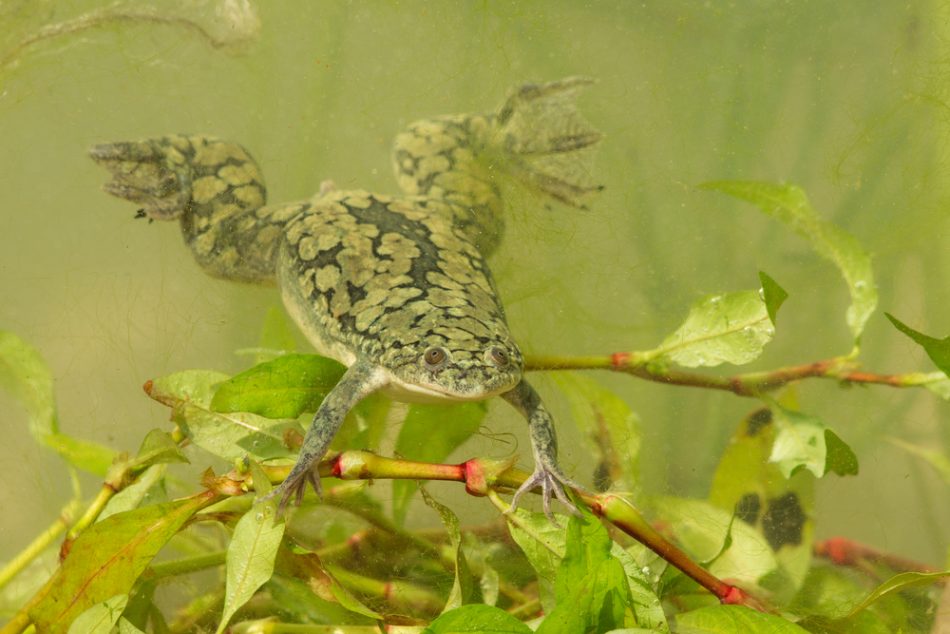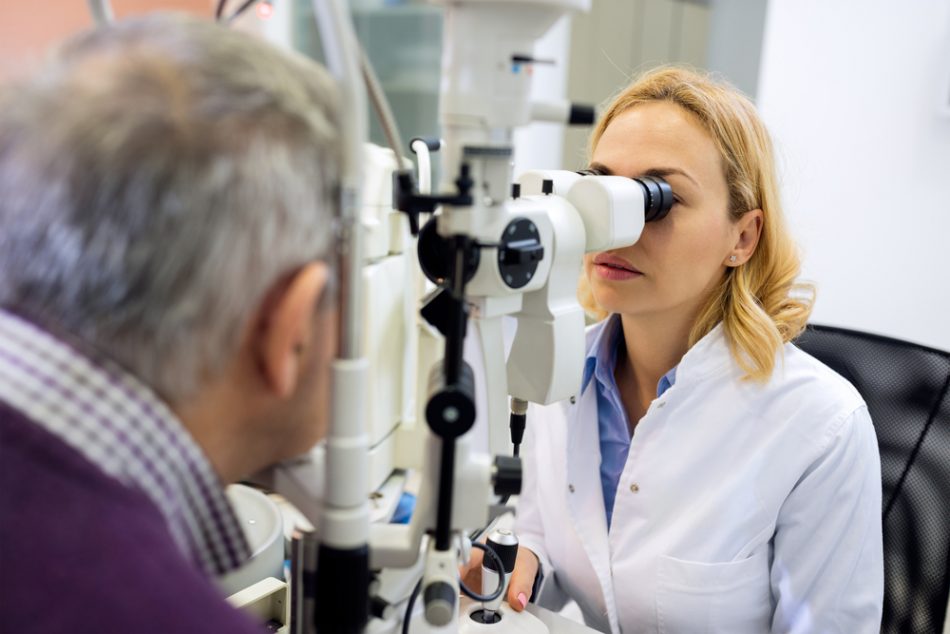Medicine
From advancements in the fight against malaria to new cancer treatments, to novel medical technologies, find all positive news about incredible medical breakthroughs and life-saving technology from all corners of the globe.

The robot that can independently perform keyhole surgery
Believe it or not, robots can now perform surgery with no human assistance! The Smart Tissue Autonomous Robot (STAR), was designed by a team from Johns Hopkins University. The laparoscopic procedure was carried out on the intestine of a pig, as reported this week in Science Robotics. "Our Read More...

How magnesium improves immune cell capabilities
Magnesium is an essential mineral vital to many bodily functions including muscle contraction, nerve transmission, blood pressure, and immunity. Therefore, it makes sense that magnesium deficiencies are linked to a wide range of diseases. Scientists have previously shown that mice on a Read More...

Scientists help frogs regrow amputated limbs
A recent study, published in Science Advances, has brought us one step closer to regenerative medicine. In a collaborative effort from Tufts University and Harvard, the teams were able to regenerate an adult African clawed frog’s (Xenopus laevis) limb, something they are naturally unable to Read More...

Sex in space? The push to find out if we can reproduce in outer space
Although human settlement on other planets was once just a pipe dream, rapid technological advancements are making it seem like a truly viable possibility for the future of humanity. However, before any human colony can settle in space, scientists need to figure out if and how people can reproduce Read More...

DNA mutations are not so random after all
A first of its kind study has added some evidence to challenge the widely accepted theory about genetic mutations: that they are completely random. The findings, published in Nature, could reshape evolutionary theories and our understanding of DNA forever. "We always thought of mutation as Read More...

This could be the start of the end for drug-resistant bacteria
The increasing occurrence of drug-resistant bacteria is a huge obstacle humans have to overcome to save lives across the globe. Researchers have done all they can to be prepared against this challenge, such as creating a model which calculates the chance of resistance against different drug Read More...

Ease menopause by listening to music
Going through menopause can be an extremely challenging time, where the world you’ve known for most of your life is turned upside down. Not every person's experience of menopause is the same, with symptoms ranging in frequency and severity. These include depression, sexual dysfunction, joint and Read More...

Gene-therapy could treat leading cause of blindness
Throughout the past decade, it seems like science is getting closer to the reality of gene therapy. Here at The Optimist Daily, we’ve reported on a number of potential uses for the practice, including; curing blindness, reducing obesity, ending malaria, allowing cross species organ transplants, Read More...

AI helps uncover causes of Motor Neurone Disease
According to the CDC, 5,000 new cases of Motor Neurone Disease (MND) are diagnosed annually in the United States. This disease causes nerve cells to stop functioning and die, resulting in sufferers losing the ability to voluntarily move their muscles and eventually becoming Read More...

Zebrafish brains reveal new information about our memories
It seems like we're writing about fish a whole lot lately! Last week, we featured an article about goldfish learning to drive. This week, zebrafish, a species studied for their relatively long lifespans, are helping us understand how memories are made! Let's talk synapses! Signals in the brain Read More...


